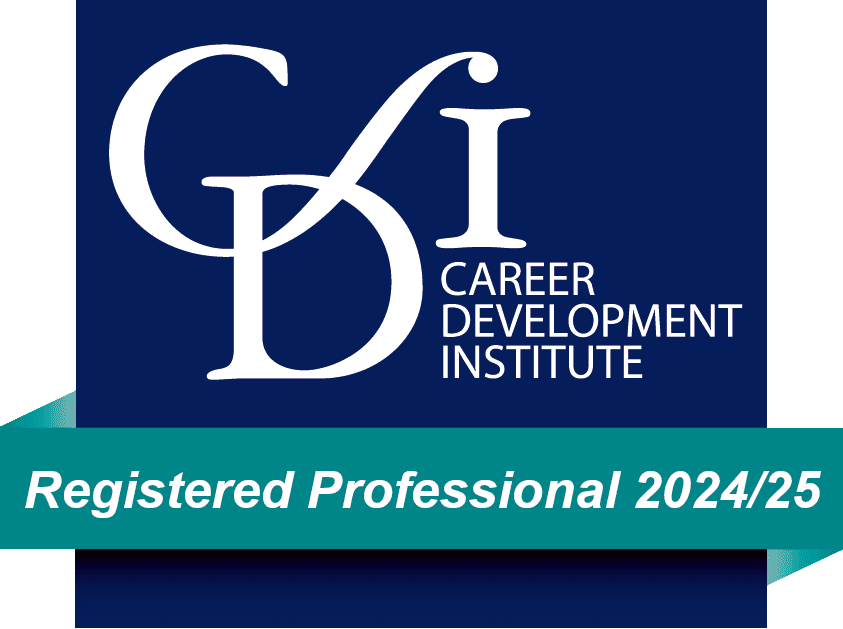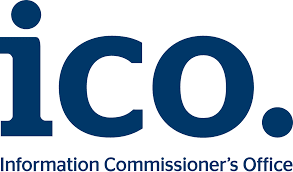Emotional intelligence (EI) is an often-overlooked yet undeniably critical factor in executive career advancement. It profoundly influences how leaders navigate complex challenges, inspire and motivate their teams, and make high-stakes, strategic decisions. While technical skills and extensive experience are essential for opening doors, it is EI that ultimately determines how effectively executives lead, communicate, and build lasting relationships at the highest levels of an organisation.
At its core, emotional intelligence encompasses a range of essential skills, including self-awareness, self-regulation, intrinsic motivation, empathy, and social skills. Executives with high EI are adept at managing stress, adapting to change, and fostering collaboration within diverse teams. These skills are absolutely essential for career progression, as forward-thinking companies increasingly prioritise leaders who can drive high performance while simultaneously maintaining a positive and inclusive organisational culture.
Self-awareness serves as the foundational pillar of EI. Leaders who possess a deep understanding of their own strengths and weaknesses are able to make more informed and effective decisions and avoid impulsive or detrimental actions. Self-regulation enables executives to remain composed and focused under intense pressure, an invaluable trait in high-stakes boardroom discussions and critical negotiations. Empathy plays a crucial role in executive success, enabling leaders to build strong and meaningful relationships with key stakeholders, employees, and clients. Without it, leaders risk appearing detached, aloof, or authoritarian, which can significantly hinder their influence and long-term professional growth.
Executive Connexions seamlessly integrates EI development into its comprehensive coaching programmes to help professionals refine and enhance these essential skills. Through tailored and highly personalised coaching sessions, we guide clients in strengthening their interpersonal effectiveness, enhancing their communication skills, and improving their overall leadership impact. For example, one client, a senior HR executive, struggled with managing difficult conversations and navigating internal conflicts. By focusing on emotional regulation techniques and active listening strategies, she was able to navigate complex workplace dynamics more effectively and ultimately secure a prestigious regional leadership role.
In today’s highly competitive executive landscape, career success extends far beyond mere technical expertise. Leaders who have mastered the art of emotional intelligence gain a distinct and significant advantage, positioning themselves as indispensable assets to their organisations. By continuously enhancing their EI, executives can not only secure new and exciting opportunities but also sustain long-term professional success and achieve lasting impact.











